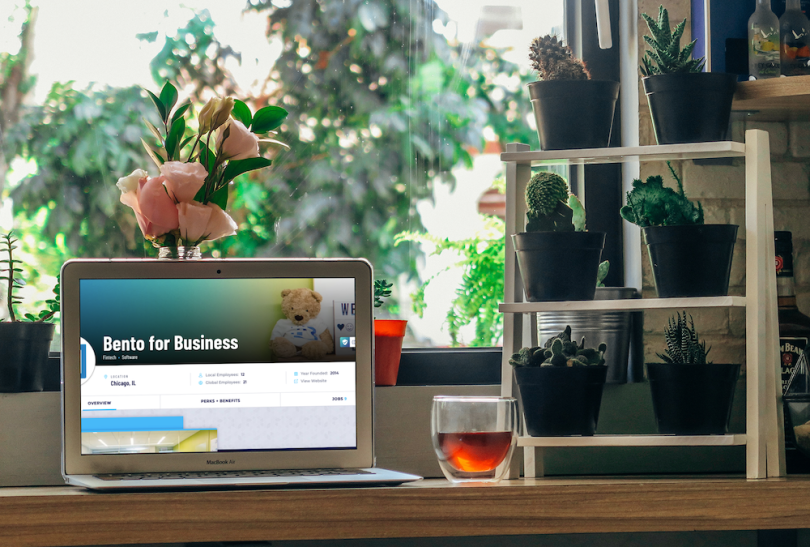Bento for Business CEO Guido Schulz called 2020’s abrupt shift to a fully remote work environment the “ultimate proof of concept.”
The company, which has been fully remote for several years, launched in 2014 to support businesses with distributed workforces through daily expense management tools, virtual payments and cashless workflows.
Leading up to 2020, Bento had steadily built up a loyal customer base from industries like construction, fleet and education. All of which have used Bento’s virtual and physical debit cards to provide their crews with controlled daily, weekly and monthly expenses.
Then the COVID-19 pandemic hit, and companies across the world quickly transitioned into unplanned, fully remote work environments. For some businesses, 2020 marked their first experience with work-from-home employees.
Bento was ready.
The pandemic merely accelerated a previously slow but persistent trend toward remote work.”
“The pandemic merely accelerated a previously slow but persistent trend toward remote work,” said Schulz. “One could call the new reality forced upon us the ultimate proof of concept that remote work is viable and does not lead to reduced productivity.”
As such, when a surge of customers tapped Bento for help allocating and managing work-from-home stipends to their newly remote work teams, Schultz and CTO Jonathan Su said Bento was well-equipped to handle their needs.
Here’s how.
THE RISE OF REMOTE
How was Bento prepared for the industry changes surrounding remote work in 2020?
CEO Guido Schulz: Bento’s platform was designed to support remote work environments by both empowering an employee with an independent payment vehicle — the Bento card — while also supporting centrally administered controls and reconciliation tools for corporate oversight. The pandemic simply forced more companies to consider spend management solutions in support of their newly remote work forces. We were ahead of the curve.
CTO Jonathan Su: As the complexity of managing business expenses increased, the Bento platform made it easy for companies to manage and facilitate the needs of a distributed or transient workforce. This included more flexibility for employees to make necessary and timely payments no matter where they were located, simplifying and automating reconciliation, and putting businesses firmly in control of their spend.
Did Bento make any quick platform adjustments to accommodate the sudden rise in distributed workforces?
Schulz: We immediately enhanced the platform to support decentralized administration. As the solution itself was already highly relevant to a distributed workforce, we concentrated on issues like enabling delivery of physical cards to home addresses and enhanced mobile functionality through the release of an entirely redesigned app.
How has your own team relied on the Bento platform? Has this internal use inspired any product updates?
Su: We use our own product to manage our everyday business expenses. Having a distributed workforce ourselves that precedes the pandemic has led to continued improvements in the end-to-end customer experience. Our best product ideas come from our teams. Many features included in our recent product advancements in mobile, AI-powered receipts management, accounting and reconciliation originated from them.
Schulz: We drive most of our accounts payable process through the Bento platform and haven’t missed a beat in empowering our employees to boost productivity. We even implemented some changes to the platform as a result of our employees’ feedback during COVID-19.
Lastly, what’s next for Bento?
Schulz: We are currently developing a multitude of innovative features that will further enhance the user experience of our platform. We are also ramping up a newly created outbound and vertically-focused sales team.
Su: We have a very exciting product roadmap that is both impactful and full of interesting technical challenges, so I am working on recruiting great talent to help build the best platform and products possible.







